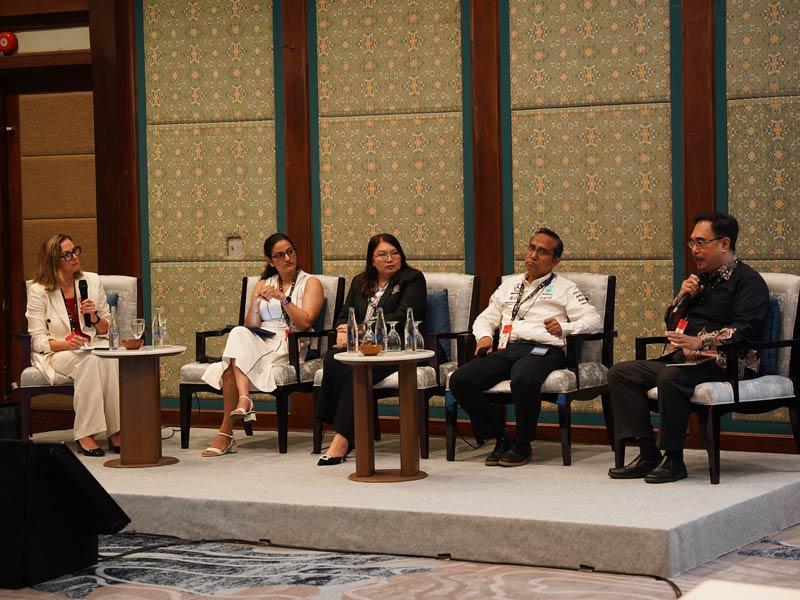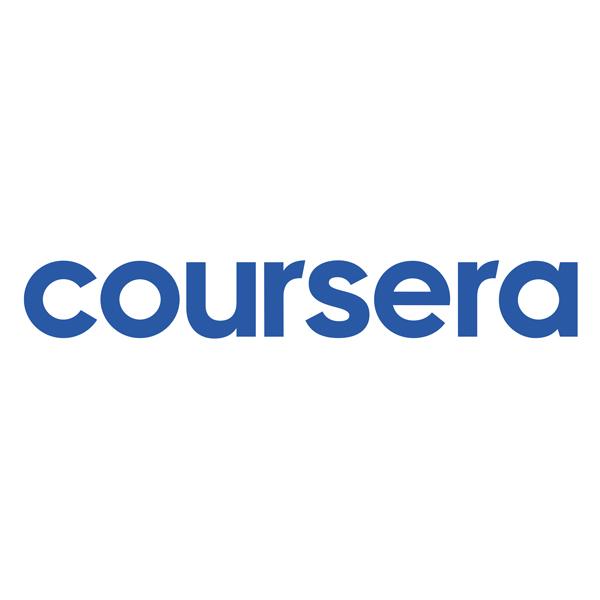
Examining the role of human agency as universities continue to embrace AI tools

The use of technology in the higher education space shows no sign of slowing down. There has been a paradigm shift in how education is delivered, with more institutions integrating AI and digital platforms into their essential functions and processes.
During a panel discussion at the 2024 THE Digital Universities Asia event, experts from the sector shared insights and practical advice on how AI can be used to enhance the experiences of both educators and students in a constantly evolving and shifting educational landscape.
“The purpose of ensuring academic integrity when using AI is to promote the responsible usage of whatever tools students are engaging with,” said Fransiskus Astha Ekadiyanto, director of the Center for Independent Learning at the University of Indonesia. “Of course, there are many tools being used today in universities but looking at AI specifically, there are some weaknesses. It can be over-generalised, biased or even incorrect. But we should instruct students to critically evaluate the learning process.”
Malaysia’s Universiti Teknologi Petronas considers factors such as student engagement and outcomes when approaching AI and how it’s used within its institution. “When we talk about digitalisation, it is important not only to ensure students can access all the available tools but also to teach them how to use those tools,” said Mohd Fadzil Hassan, deputy vice-chancellor of research, innovation and commercialisation at the university. “At the end of the day, what is truly important is how students use their analytical skills to make sense of what they’re doing. The challenge will be ensuring that academics have access to some sort of rubric for assessing this.”
Facilitating personalised learning in this new world of AI presents a more complex question: should institutions adapt their assessment models in line with the personalised methodologies? “When we use AI and academic integrity in the same sentence, there are two ways to think about it,” said Manisha Vasdev, director of enterprise marketing at Coursera. “AI can be seen as a threat to academic integrity or as an enabler of it. What’s important, as educators, is how we are leveraging AI and other tools to mitigate misconduct.”
Anna Cherylle Ramos, director of the Educational Technology Center at the University of Santo Tomas, said: “When it comes to leveraging AI for content production and assessment, my take is that the teacher is the ultimate thinker when it comes to unlocking and maximising the potential of AI.” However, human oversight and intervention will still be needed to verify and validate information and evaluate whether it can be used to develop students’ skill sets.
All stakeholders in higher education are impacted by AI, and so ensuring AI literacy across the board is key. While there may be some fear within institutions about the pace at which technology is advancing, universities have shown that they can mobilise quickly to embrace new tools when the advantages are profound.
“AI tools can be used to save a great deal of faculty time, allowing them to conduct further research, offer more student mentoring and add value elsewhere,” Vasdev said. “At Coursera, we’ve also been looking at how AI can improve access and have incorporated AI in a new oral assessment format offered on the platform.”
The panel:
- Fransiskus Astha Ekadiyanto, director, Center for Independent Learning, University of Indonesia
- Simone Dilena, president of APAC, Times Higher Education (chair)
- Mohd Fadzil Hassan, deputy vice-chancellor of research, innovation and commercialisation, Universiti Teknologi Petronas
- Anna Cherylle Ramos, director, Educational Technology Center, University of Santo Tomas
- Manisha Vasdev, director of Enterprise Marketing, Coursera
Find out more about Coursera.

